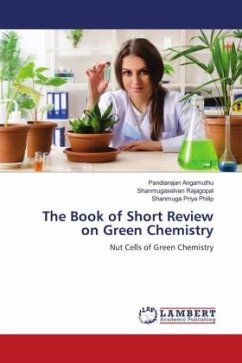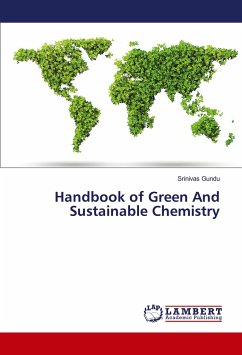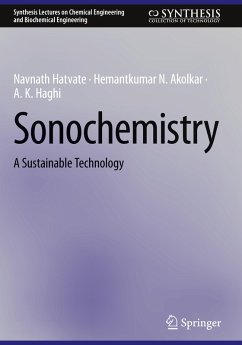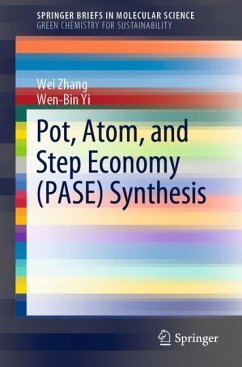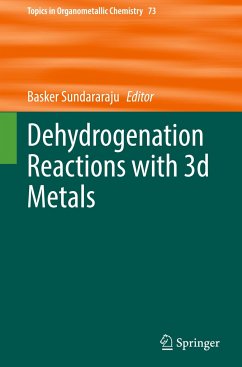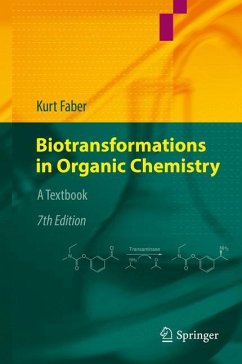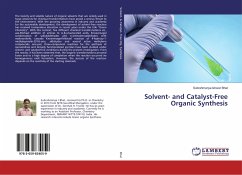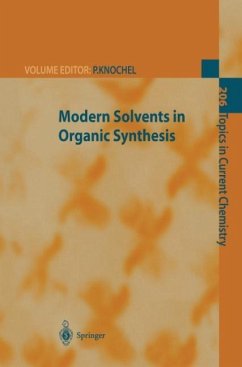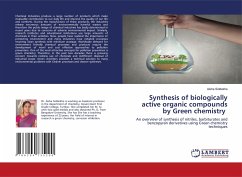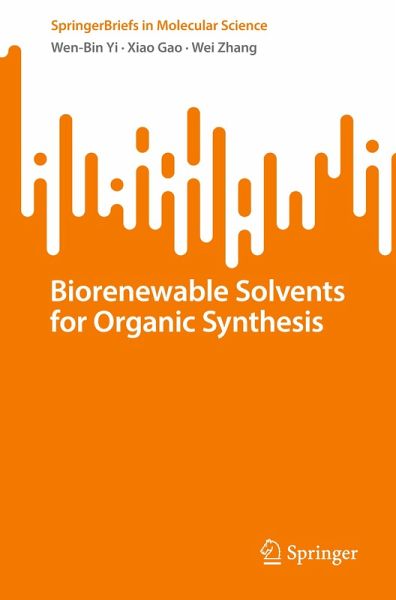
Biorenewable Solvents for Organic Synthesis

PAYBACK Punkte
17 °P sammeln!
In this brief the authors introduce a series of recently developed bio-based solvents including cyclopentyl methyl ether (CPME), Gamma-valerolactone (GVL), 2-methyl tetrahydrofuran (2-MeTHF), propylene carbonate (PC), and cyrene. Traditional organic solvents used for organic synthesis (such as benzene, ether, chloroform) have a series drawbacks on toxicity, environmental impact, and safely related issues. In addition, the fossil fuel-derived organic solvents are not sustainable. Therefore the development of biorenewable solvents is a topic of current interest. For each of the solvents, their p...
In this brief the authors introduce a series of recently developed bio-based solvents including cyclopentyl methyl ether (CPME), Gamma-valerolactone (GVL), 2-methyl tetrahydrofuran (2-MeTHF), propylene carbonate (PC), and cyrene. Traditional organic solvents used for organic synthesis (such as benzene, ether, chloroform) have a series drawbacks on toxicity, environmental impact, and safely related issues. In addition, the fossil fuel-derived organic solvents are not sustainable. Therefore the development of biorenewable solvents is a topic of current interest. For each of the solvents, their production, toxicity profile, renewable pathway, and their utility in organic synthesis, biosynthesis, and separation processes is discussed. The target audiences of this book are organic and medicinal chemists with interests in using green solvents. It can also be used as a reference for undergraduate and graduate courses related to organic and green chemistry.



